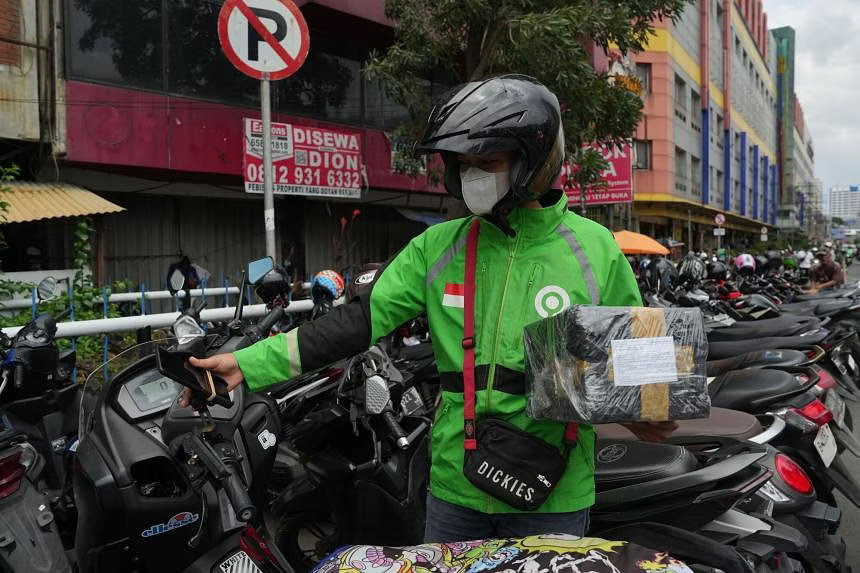JAKARTA (ANN/THE STRAITS TIMES) – Indonesia’s homegrown start-ups are facing an uphill battle as they contend with well-funded foreign rivals, leading to significant declines in valuation for the country’s largest unicorns, GoTo and Bukalapak, throughout 2024.
According to a joint report by venture fund AC Ventures and Bain & Company in November 2023, investment in local start-ups has plummeted by around two-thirds from the peak of USD3.5 billion annually in 2020 and 2021.
Analysts stress that this downturn places immense pressure on Indonesian companies to innovate, halt cash burn, and achieve profitability.
GoTo, a merger of ride-hailing giant Gojek and e-commerce leader Tokopedia, has seen its share price plummet by 55 per cent this year, now valued at IDR60 trillion on the Indonesia Stock Exchange.
Meanwhile, Bukalapak, a prominent e-commerce unicorn, has also suffered a 33 per cent drop, reducing its market capitalisation to IDR14 trillion.
Both companies significantly lag behind the broader composite index of the Indonesia Stock Exchange, which has only seen a four per cent decline in 2024.
Experts attribute this underperformance to fierce competition from larger regional competitors and sluggish innovation.
Key rivals like Sea Limited’s Shopee and Grab possess substantial financial backing, regional dominance, and aggressive expansion strategies.

Sea, listed on the New York Stock Exchange with a market capitalisation of USD43.6 billion, and Grab, valued at USD14 billion on Nasdaq, leverage their profitability in other markets to gain market share in Indonesia.
Henry Pranoto, a senior equity analyst, pointed out the advantages of US listings for these rivals, allowing them to raise funds more easily compared to local exchanges. This disparity underscores the challenges faced by Indonesian companies restricted to domestic market conditions.
Furthermore, Bukalapak’s cautious approach with a large cash reserve of IDR20 trillion has raised concerns among investors. Analysts criticise the company for its apparent reluctance to invest in technological advancements and expand its e-commerce footprint effectively.
The struggles of these early Indonesian unicorns highlight broader issues within the country’s tech start-up ecosystem. Observers note that many local tech firms faltered in their infancy due to a reliance on imitative services, lack of innovation, and misalignment with market demand.
Economist Wijayanto Samirin views Indonesia’s tech sector as undergoing consolidation, where surviving companies must streamline operations, reduce costs, and transition to profitability. He emphasised that investors now prioritise financial sustainability over valuation metrics.
Looking ahead, Indonesian start-ups such as TaniHub and Sayurbox face challenges with cash flow management, exacerbated by operational difficulties. TaniHub, for instance, struggled to meet debt obligations after encountering issues with farmers fulfilling harvest promises.
As competition intensifies, Indonesian start-ups must maintain agility and swift adaptation to navigate these competitive landscapes. Foreign tech giants view Indonesia as a pivotal battleground, using their global resources to assert dominance in Southeast Asia’s largest market.
East Venture, a prominent Indonesian venture capital firm, believes the digital sector is entering a new phase amid global economic pressures.
While cautious optimism prevails among investors, the availability of funding remains contingent on the robustness of companies’ business models and their ability to weather market uncertainties.





